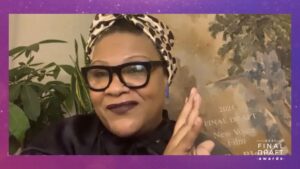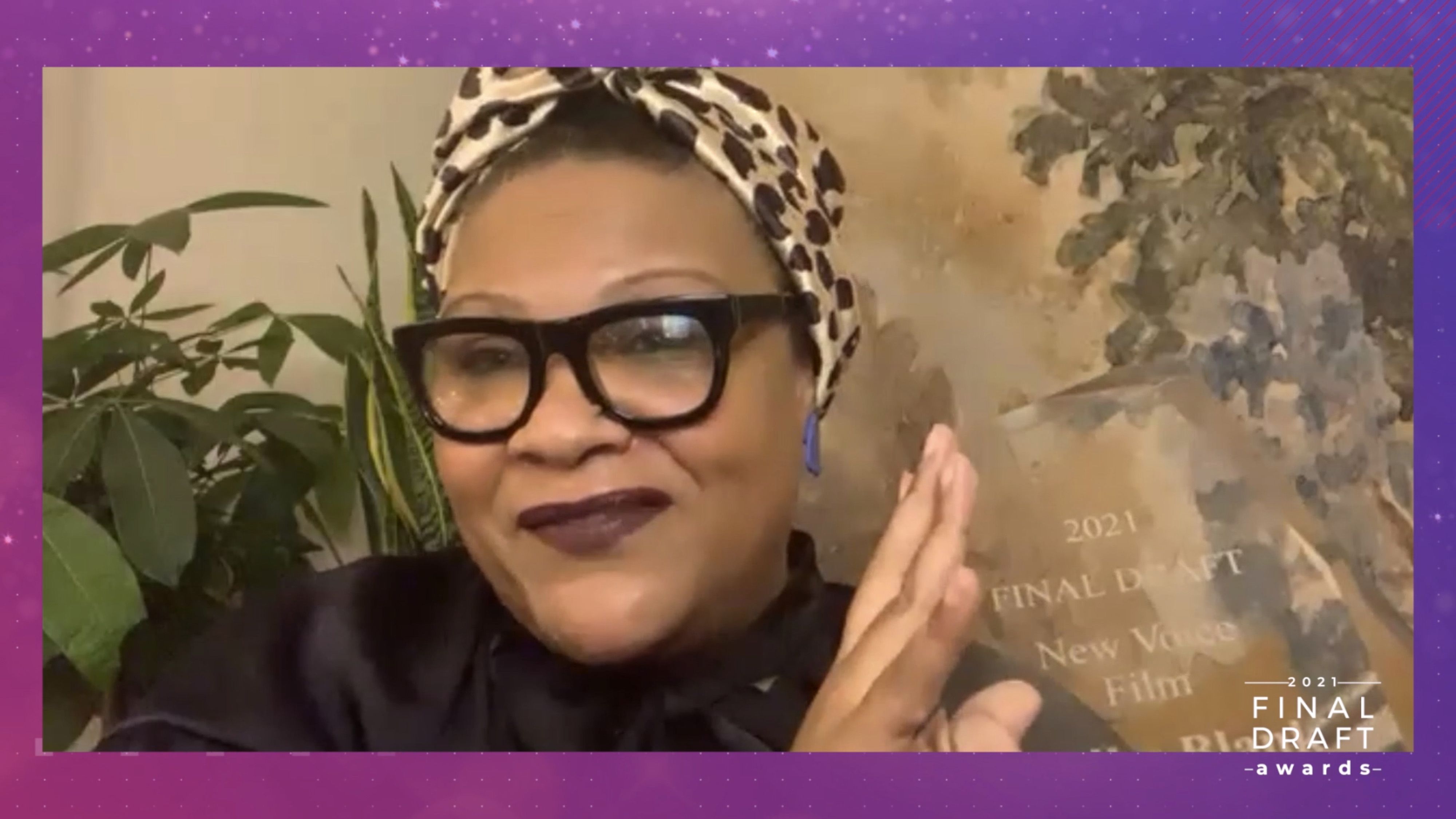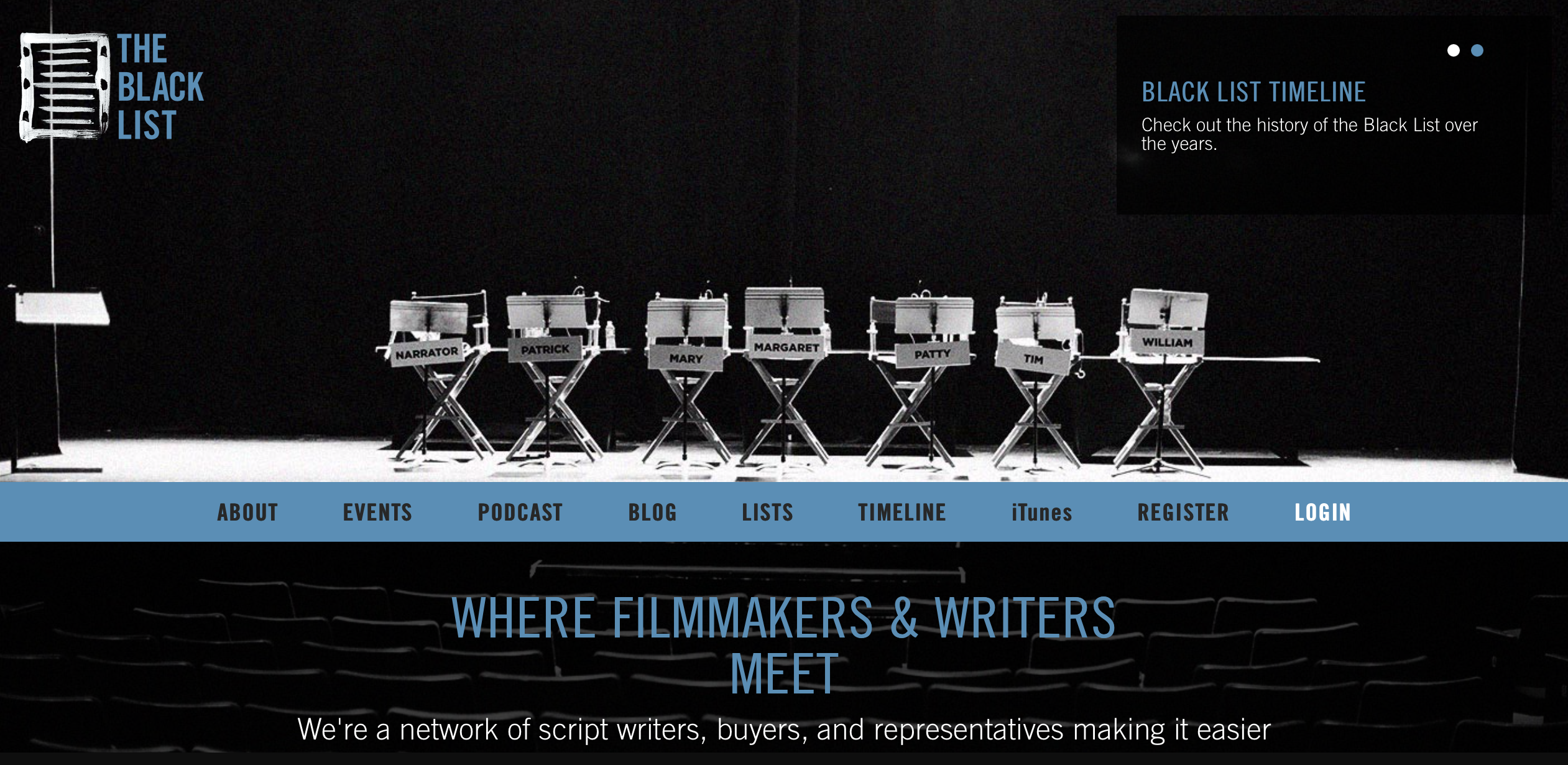Final Draft Awards: Aaron Sorkin, Radha Black, Sofia Coppola
Posted on March 3, 2021 at 6:48 pm

Final Draft is the most popular word processing software used for writing movie scripts, which have to be in a particular (and peculiar) format. This week, Final Draft recognized the creative minds who use their programs to imagine great films.
In a Zoom ceremony, Aaron Sorkin was presented with the Zeitgeist Award for “The Trial of the Chicago 7,” a movie about events in 1969 that has been in the planning stages since 2006, when Steven Spielberg first approached him about writing the screenplay. But somehow, in the way of movie synchronicity, it seemed to arrive at just the right moment. As he said, “The zeitgeist crashed into us.”

“The 40 Year Old Version’s” Radha Black, who starred in as well as writing and directing the semi-autobiographical film, got the New Voice Award.m and Ramy Youssef was presented the New Voice Award.
The full list:
- Aaron Sorkin, “The Trial of the Chicago 7” (Netflix) – The Zeitgeist Award
presented by Sacha Baron Cohen - Sofia Coppola, “On the Rocks” (A24/Apple TV Plus) – Storyteller Award: Film
presented by Paul Schrader - Steve McQueen, “Small Axe” (Amazon Studios) – Storyteller Award: TV
presented by John Boyega - Radha Blank, “The Forty-Year-Old Version” (Netflix) – New Voice Award: Film
presented by Mary Harron - Ramy Youssef, “Ramy” (Hulu) – New Voice Award: TV
presented by Laith Nakli



